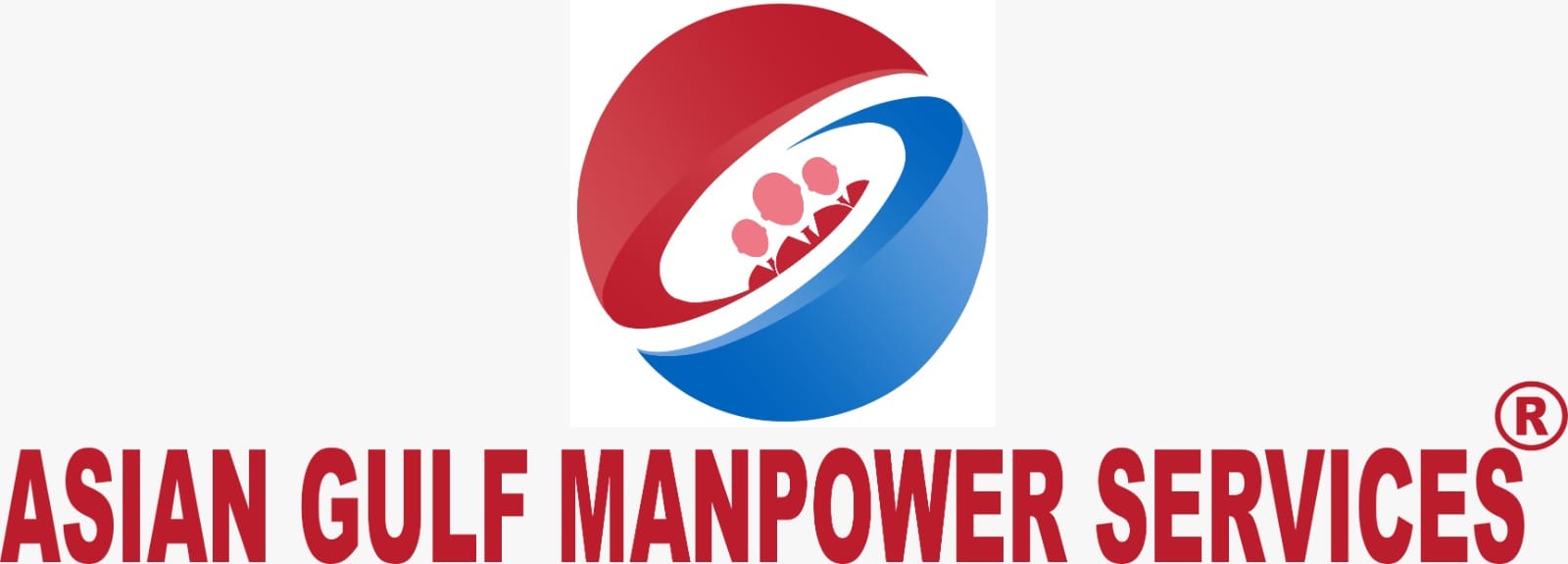The Gulf region, particularly countries like the United Arab Emirates (UAE), Saudi Arabia, Qatar, Kuwait, Oman, and Bahrain, has become a beacon for career seekers from around the world. With a booming economy driven by oil and gas, tourism, finance, and construction, Gulf companies offer a wealth of opportunities for professionals across various sectors. This article explores the benefits, challenges, and strategies for building a successful career in Gulf companies.
Economic Landscape:
The Gulf Cooperation Council (GCC) nations have significantly diversified their economies over the past few decades. While oil and gas remain dominant, sectors such as real estate, tourism, finance, healthcare, and information technology are expanding rapidly. This economic diversification has led to increased job creation and the need for skilled professionals, making it an attractive destination for job seekers.
Benefits of Working in Gulf Companies:
1. Tax-Free Income: One of the most appealing aspects of working in the Gulf is the tax-free salary structure. Employees often find that their purchasing power increases significantly, allowing them to save more and enjoy a higher standard of living.
2. Competitive Salaries and Benefits: Gulf companies typically offer lucrative salary packages, which often include additional benefits such as housing allowances, health insurance, and annual air tickets to home countries. Many employers also provide relocation assistance, making it easier for expatriates to transition to life in the Gulf.
3. Multicultural Environment: The Gulf is home to a diverse population, with expatriates from various countries contributing to a rich cultural tapestry. This multicultural environment fosters a unique workplace experience, promoting the exchange of ideas and enhancing personal and professional growth.
4. Career Advancement Opportunities: With the rapid development of industries and companies, there are ample opportunities for career advancement. Many Gulf firms invest in employee development through training programs and leadership initiatives, enabling employees to grow and take on more significant roles.
Challenges Faced by Professionals
While the Gulf offers numerous opportunities, there are also challenges that professionals may encounter:
1. Cultural Adjustment: Adapting to a new culture can be challenging. Understanding local customs and social norms is essential for successful integration into the workplace.
2. Job Market Competition: The allure of Gulf jobs attracts talent from around the globe, leading to stiff competition. Candidates must demonstrate relevant skills and experience to stand out.
3. Work-Life Balance: Depending on the industry and company, some professionals may experience long working hours, impacting work-life balance. It’s essential to set personal boundaries and prioritize well-being.
4. Legal and Visa Regulations: Navigating visa requirements and employment laws can be complex. Professionals must ensure compliance with local regulations and maintain valid work permits.
Strategies for Success
To build a successful career in Gulf companies, consider the following strategies:
1. Research and Networking: Understanding the job market and networking within your industry can significantly enhance your job search. Attend industry events, join professional groups, and connect with professionals on platforms like LinkedIn.
2. Tailored CV and Application: Customize your resume and cover letter to highlight relevant skills and experience. Gulf employers often value specific qualifications, so ensure that your application reflects this.
3. Continuous Learning: Stay updated on industry trends and advancements. Pursuing certifications or further education can enhance your qualifications and make you more competitive in the job market.
4. Cultural Sensitivity: Familiarize yourself with the cultural norms and business etiquette of the Gulf region. Demonstrating respect for local customs can improve workplace relationships and enhance your professional image.
